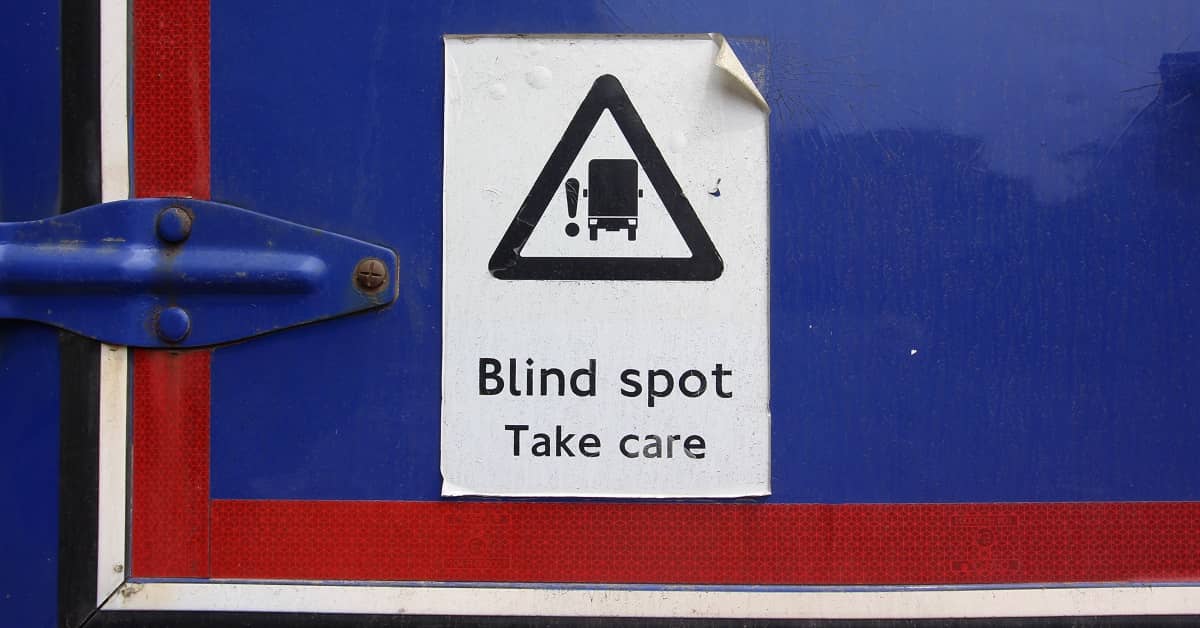
What Rights Do Nursing Home Residents Have in New Jersey?
Nursing home residents should be able to feel safe and have their needs met. The families of nursing home residents should be able to have peace of mind that their loved ones are well taken care of by qualified professionals.
Unfortunately, the residents of nursing homes are not always treated with the care and respect they deserve. Nursing home abuse and neglect are tragically common, resulting in physical injuries, emotional trauma, financial difficulties, and – in the worst case – death.
At Maggiano, DiGirolamo & Lizzi, we are committed to standing up for the rights of seniors and their families. Our New Jersey nursing home abuse lawyers can help if you or a loved one suffered harm in a care facility. Contact us today for a free consultation.
Know Your Rights in a New Jersey Nursing Home
The Long-Term Care Ombudsman (LTCO) is the agency responsible for overseeing nursing homes and other care facilities in New Jersey. The LTCO maintains a list of residents’ rights for those who live in nursing homes.
Residents of nursing homes are guaranteed the following rights by law:
The Right to Be Involved in Care
A care plan is crucial for ensuring that nursing home residents get quality medical treatment and the support they need. The plan should take into account:
- The resident’s health concerns
- Treatment, service, and equipment needs
- The staff members responsible for providing care
- Dietary considerations
- The resident’s health goals
Nursing home residents have the right to participate in developing the plan of care. They are also entitled to appoint another person (such as a family member) to be involved in creating the care plan. Residents also have the right to request meetings with nursing home administrators to make changes to the care plan.
The Right to Medical Treatment
In addition to developing the care plan, nursing home residents have the right to participate in their ongoing medical care. Key components of this right include:
- The right to choose one’s own doctor
- The right to make informed decisions concerning the refusal of medications and treatment
- The right of residents to administer their own medications (if appropriate)
- The right to access medical records
All aspects of medical care must be explained to the resident in terms and language they can understand. Loved ones and others designated by the resident as people who can be involved in care can provide additional assistance with medical decisions and protecting the resident’s rights.
The Right to Freedom from Abuse and Restraints
Nursing home residents are entitled to “freedom from physical and mental abuse, corporal punishment or involuntary seclusion.” Facilities are also prohibited from using physical and chemical restraints.
Unfortunately, these rights are frequently ignored by nursing home staff and administrators. If you suspect your loved one is being physically abused (e.g., you notice cuts, bruises, and other injuries), emotionally abused, neglected, or unlawfully restrained, it is important to seek legal counsel as soon as possible.
Contact a Nursing Home Abuse Lawyer Today
The Right to Financial Independence
Residents who are deemed competent are entitled to manage their own financial affairs, either independently or with the assistance of a designated individual. Nursing homes are required to provide written statements outlining the charges and fees for services, as well as a “a quarterly written account of all … funds and property that are deposited with the facility.” Residents are also entitled to reasonable access to their money and property.
Nursing home residents are highly vulnerable to financial abuse and exploitation. This may take the form of stolen money and property, excess charges for services, and even fraud.
The Right to a Clean, Comfortable, and Safe Environment
The LTCO specifies that residents of long-term care facilities are entitled “to live in a safe, clean, comfortable and home-like environment.” Nursing home staff are obligated to be respectful and courteous toward residents.
Facilities must provide residents with items for personal hygiene, as well as clothes that fit properly (residents are generally entitled to wear their own clothes). Residents also have the right to choose their own roommate, including a spouse who resides in the same facility.
The Right to Privacy
Physical privacy, the right to social interaction, and confidentiality of medical records are all guaranteed by law. Staff members can assist residents with private matters as needed (e.g., providing assistance with bathing, dressing and undressing, etc.), but otherwise the right to privacy must be maintained.
The Right to Communicate with Others
Private communication is another right guaranteed to the residents of nursing homes in New Jersey. Residents are entitled to privacy when speaking on the phone and communicating electronically, as well as private correspondence by mail.
The Right to See Visitors and Participate in Activities
Nursing home residents have the right to receive visitors at their discretion, provided the visits comply with visiting hours and other facility policies. Likewise, residents can also refuse to see visitors.
Other rights guaranteed to nursing home residents include:
- The right to set their own schedules (including when they wake up and when they go to bed)
- The right “to take part in nursing home activities, and to meet with, and participate in the activities of any social, religious and community groups”
- The right to come and go from the facility during regular hours
- The right to participate in overnight visits away from the facility (in accordance with nursing home policy)
- The right to take part in activities hosted by the nursing home (such as social events and mealtimes)
- The right to participate in the facility’s resident council
- Nursing homes are required to respond to concerns raised by resident councils in a timely fashion
Discrimination against residents on the basis of “age, race, religion, sex or nationality” is prohibited.
The Right to Food and Snacks
Nutritious food is a crucial part of seniors’ health and well-being. Residents of nursing homes have the right to provide input on meal planning. They are entitled to three meals a day, as well as supplementary snacks and other food as required by the plan of care.
The Right to Be Notified of Discharge and Transfer
Residents have the right to discharge themselves from nursing homes (or a family member or guardian can do so on their behalf). Facilities may only transfer or discharge residents in the event of an emergency, due to medical issues, or for failure to pay.
Except in emergency situations, nursing home residents must be notified a minimum of 30 days prior to a transfer or discharge. Residents must be informed of their right to appeal the facility’s decision.
The Right to Be Informed
Nursing homes are required to notify residents of their rights in writing. Residents must also be informed of the procedure for filing complaints against the facility, as well as information on how to report abuse, neglect, and other violations to the LTCO and other agencies.
Contact a Nursing Home Abuse Lawyer in New Jersey Today
Despite the protections afforded by state and federal law, the rights of nursing home residents are consistently violated by negligent staff and administrators. Abuse, neglect, and exploitation of seniors is despicable, and the facilities that allow these incidents to occur must be held accountable.
If you or a member of your family suffered mistreatment in a nursing home, it is crucial to speak to an attorney as soon as possible. The lawyers at Maggiano, DiGirolamo & Lizzi understand the difficulties you and your family are facing, and we are dedicated to pursuing the full compensation you deserve.
Please call Maggiano, DiGirolamo & Lizzi at (201) 585-9111 today for a free case review. Our nursing home abuse lawyers serve residents and their families in Fort Lee and all of New Jersey, as well as New York.

















